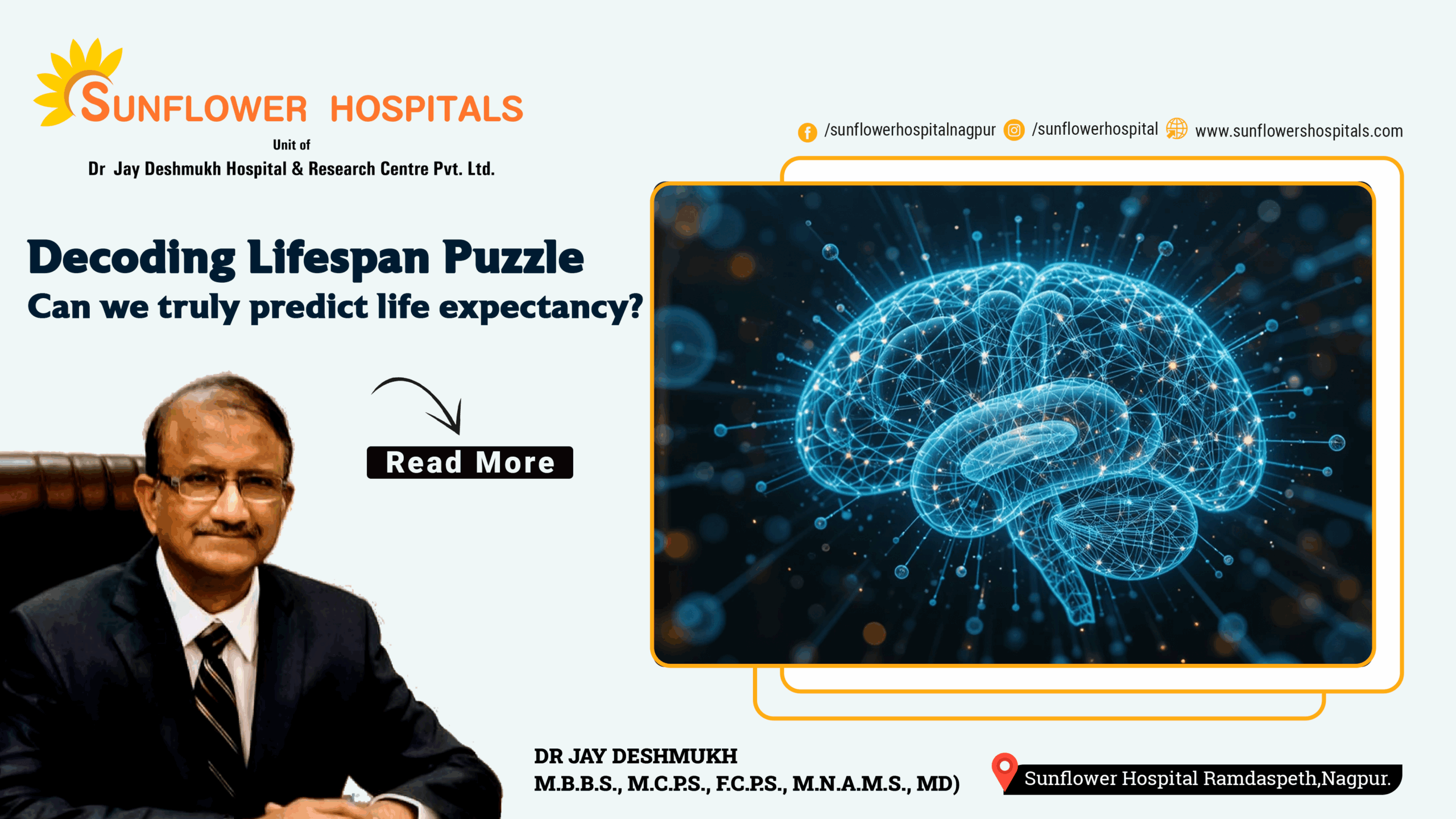What is life expectancy?
Life expectancy is the average number of years a person is expected to live based on population data, health factors, and current medical knowledge. It’s not an individual prediction, but a statistical measure.
Can doctors predict an individual’s exact lifespan?
No. Doctors cannot predict the exact number of years someone will live. They can only estimate risk and probability based on health status, age, and medical conditions.
What role does genetics play?
Genes contribute about 20-30% to lifespan. Some people inherit “longevity genes” that help resist age-related diseases, but environment and lifestyle play a bigger role.
Are there scientific tools to predict life expectancy?
Yes. Researchers use risk calculators (like ASCVD risk score, Framingham study tools), biological age tests (DNA methylation “epigenetic clocks”), and AI-based prediction models.
What is an epigenetic clock?
It’s a test that measures chemical changes in DNA (methylation patterns) to estimate biological age, which may differ from your chronological age. This can suggest how “fast” you are ageing.
Do chronic diseases shorten life expectancy?
Yes. Conditions like heart disease, uncontrolled diabetes, kidney failure, advanced cancers, and COPD can significantly reduce life expectancy compared to healthy peers.
How accurate are these biological age tests?
They are reasonably predictive of health risks and mortality, but not perfect. They show whether someone is ageing faster or slower than average, but cannot pinpoint death.
Can lifestyle changes extend life expectancy?
Absolutely. Regular exercise,a balanced diet, maintaining a healthy weight, not smoking, and controlling blood pressure/diabetes can add 10-15 healthy years to life.
How does socioeconomic status affect lifespan?
Wealthier people with access to good healthcare, nutrition, and safer environments generally live 7-10 years longer than those without these advantages.
What about Al in predicting lifespan?
Al models use electronic health records, genetics, imaging, and lifestyle data to predict survival. Some algorithms claim over 75-80% accuracy for 10-year mortality risk, but they are still evolving.
Does mental health impact longevity?
Yes. Depression, chronic stress, loneliness, and poor social support can shorten lifespan by affecting immunity, hormones, and lifestyle behaviours.
Can wearable devices help predict life expectancy?
Fitness trackers and smartwatches monitor heart rate, activity, sleep, and rhythm abnormalities. Over time, this data helps detect early risk and guide healthier living, indirectly influencing life expectancy.
Is there a difference between life expectancy and health span?
Yes. Life expectancy is the number of years lived, while health span is the number of years lived in good health. Medical science now focuses on increasing both.
So, can we correctly predict life expectancy today?
We can estimate probabilities using genetics, medical history, and AI tools, but we cannot give exact predictions. Life expectancy is shaped by many unpredictable factors-illnesses, accidents, environment, and personal choices. Science today can give a fairly good estimate of risks and expected lifespan at a population level, but individual prediction is never 100% accurate. The best approach is to focus on healthy habits and preventive care to maximise both life expectancy and health span.
Author: Dr Jay Deshmukh
Dr Jay Deshmukh is Chief Physician and Director, Sunflower Hospital, Nagpur Honorary Physician to Honorable Governor of Maharashtra and PondicherryCentral. Dr Jay Deshmukh is an M.B.B.S., M.C.P.S., F.C.P.S., M.N.A.M.S., MD From Internal Medicine – Bombay and New Delhi.


